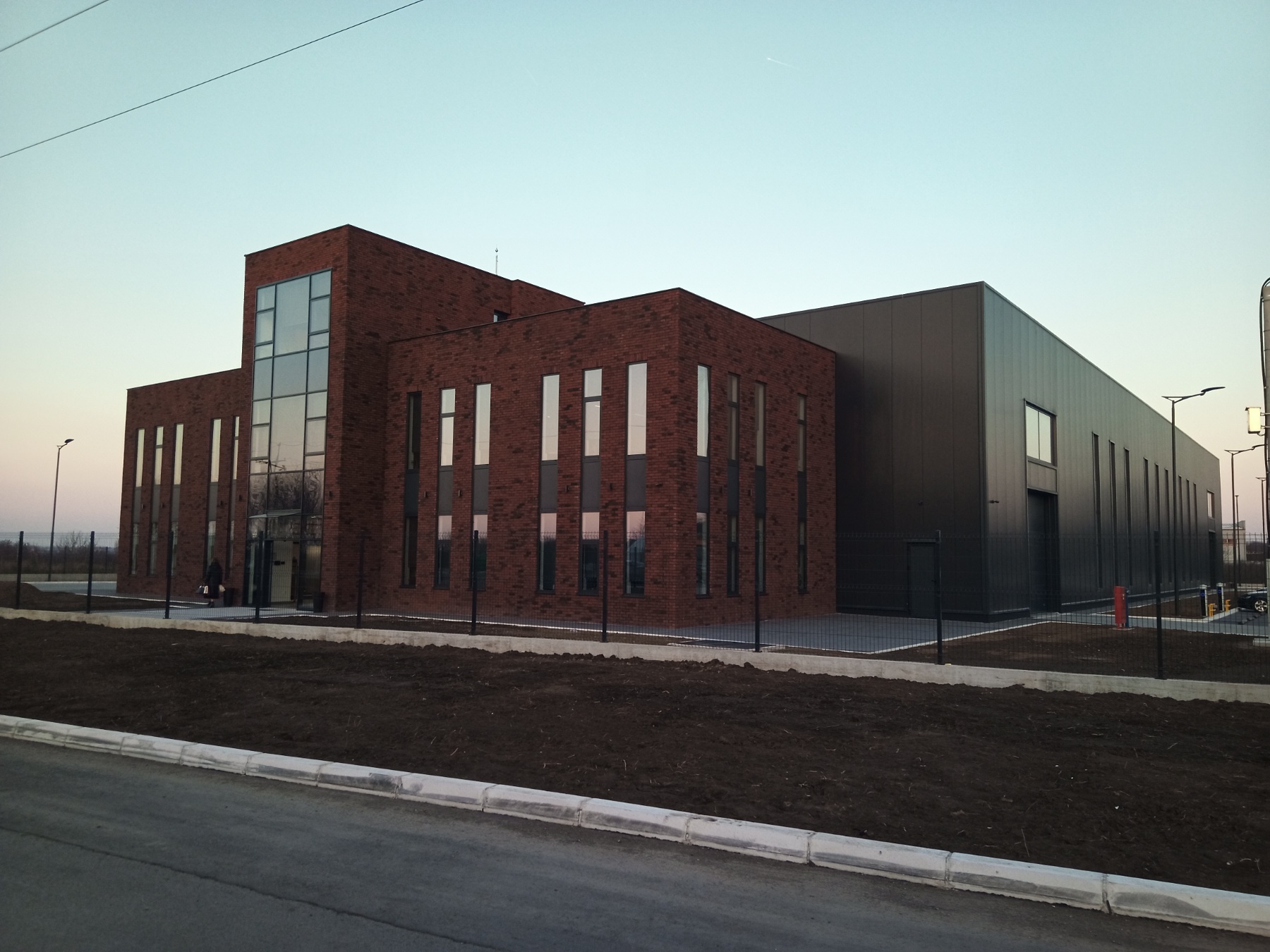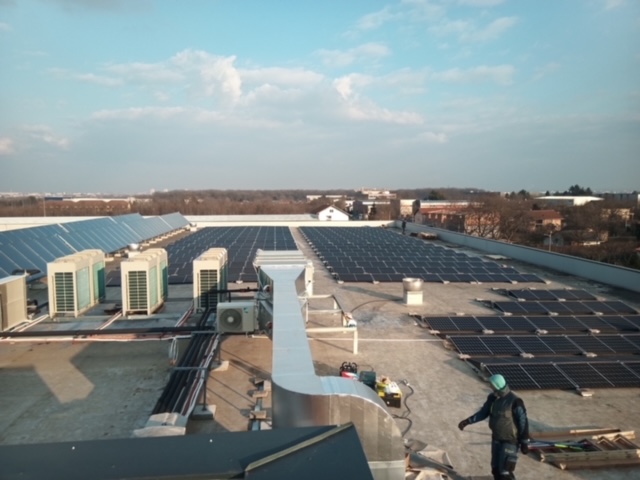Innovations towards Energy Independence
December 15, 2023

The idea of the Master Team company, to find an alternative for obtaining energy from a renewable source in a location without adequate infrastructure, is one of 16 innovative solutions for accelerating the green transition of the economy and society. This company received financial support from the European Union as part of the ‘EU for the Green Agenda in Serbia’ initiative.
Approximately twelve kilometres from downtown Belgrade, next to the Nikola Tesla airport, in the Radiofar settlement with no amenities such as paved streets, city water and sewer, or gas grid, Zoran Radeljić started making cutting edge solar panels that are almost entirely (97%) exported into the European Union (EU). These last-generation solar panels are easily adapted to all roof types and can be mounted quickly and relatively simply.
Major costs in electricity production and the prospect of their further increase due to the EU decision to introduce taxes on products that involve carbon dioxide (CO2) emissions in their production motivated Zoran to innovate. He constructed a 1178kW solar power plant or the purposes of his production plant, to meet all of his company’s energy needs and reduce CO2emissions to approximately 336 tonnes annually. This amount equals the sequestration capacity of 16,800 trees.

"Our idea was to make a facility that is unique at regional level, a building that will be energy independent and that will receive all the energy it needs to conduct its business from renewable sources. We wanted to show a practical example of what we otherwise recommend to our customers and associates", Radeljić explains.
Finding an alternative to obtain energy from a renewable source in a location without proper infrastructure is one part of this innovative endeavour. The second part is that Zoran found a way to use the sun’s energy to produce heat and electricity both at night and in winter. Namely, the most heating energy is produced during the summer when consumption is low. Seasonal reservoirs to store this energy were made in the plant, enabling the functioning of the supply system during the winter.
"Water is the reservoir fluid; it is heated throughout the year and used in winter to heat the facility through floor heating", as Zoran Radeljić explained.
The local community will also benefit from Zoran’s business.
"Based on an agreement we made with mechanical engineering high schools and the Belgrade Faculty of mechanical engineering, we are ready to educate people whose jobs are tied to energy production from fossil fuels so they can be requalified and reoriented towards jobs such as solar system mounters, programmers, and engineers who could do projects", Radeljić said.
These people will then be able to work installing solar panels, installing solar thermal panels and other green energy and green economy jobs.

Decarbonisation of the industry and society at large, i.e. the gradual phasing out of fossil fuels and transitioning to renewable energy sources are some of the crucial steps to slow down climate change that affects Serbia and the Western Balkans region with droughts and floods.
The new Challenge for Innovative Solutions for the Green Transition was announced in February this year and will remain open until the end of 2026, with the goal of supporting innovative solutions in all five areas of the Green Agenda for the Western Balkans.
The ‘EU for Green Agenda in Serbia’ project, technically and financially supported by the European Union and implemented – in partnership with the Ministry of Environmental Protection – by UNDP, in cooperation with the Embassy of Sweden and the European Investment Bank (EIB), with additional funding provided by Governments of Sweden, Switzerland, and Serbia.

 Locations
Locations